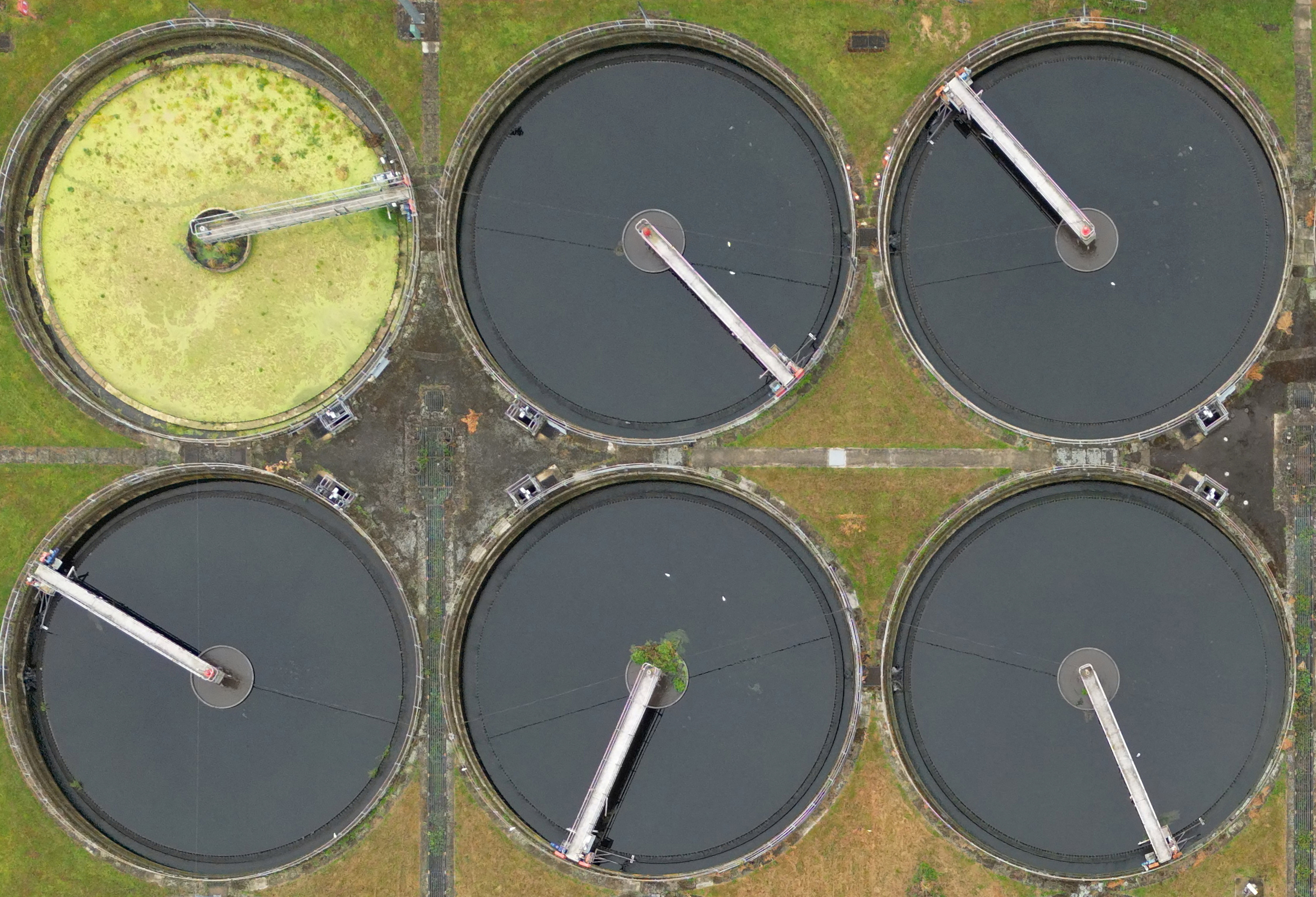
Britain's new government came to power in July promising to clean up the industry after sewage releases into waterways sparked anger against the privatised companies, which are accused of prioritising profit over infrastructure investment.
Regulator Ofwat said on Tuesday that the industry was falling far behind a target to cut incidents by 30% over the 2020-25 period, with leakages down only 2%.
Water bills in 2025-26 would be reduced to reflect the missed targets, with Ofwat saying the money would come from shareholder returns, not investment. The country's biggest supplier, Thames Water, will lose £57 million for missing the targets, the heaviest penalty.
That will be a new financial blow for struggling Thames, which is at the centre of the crisis in the country's water industry. It warned in September it could run out of money in three months unless creditors approved further borrowing.
The water companies say wet weather has resulted in a higher level of sewage releases. They have asked the regulator to allow bills to rise over the next five years so they can lift investment to improve their performance, but Ofwat wants to cap bill rises at lower levels.
Thames has said it will not survive unless Ofwat lets it increase bills by 60% over the next five years. Its stretched finances were hit by a £104 million fine in August for sewage spills from 2017-22.
Ofwat also said on Tuesday that Anglican Water would lose £38 million, Yorkshire Water £36 million, Severn Trent £28 million pounds and United Utilities UU.L £33 million.
David Black, chief executive of the regulator, said company culture and leadership were behind the missed targets and the weather and other factors were no excuse.
"We need to see all companies sharpen the focus on performance and do away with the culture of blaming others and focusing on what they can do," he told BBC Radio, adding that they should look at innovation and new technology.












